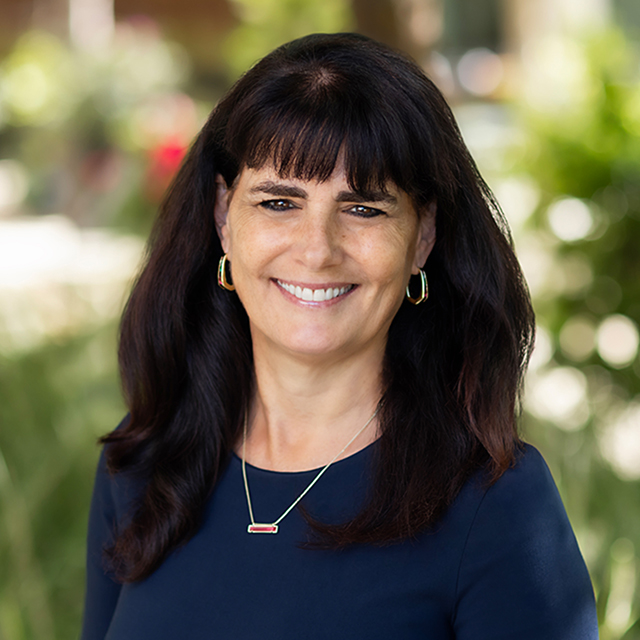Where I see patients (6)
Selected research
-
Tumor heterogeneity underlies clinical outcome and MEK inhibitor response in somatic NF1-mutant glioblastoma.
JCI insight
-
PNOC009: Convection-enhanced delivery of liposomal irinotecan in patients with newly diagnosed diffuse intrinsic pontine glioma.
Neuro-oncology advances
-
A Phase 1 Study of ABI-009 (Nab-sirolimus) in Combination With Temozolomide and Irinotecan in Pediatric Patients With Recurrent or Refractory Solid Tumors, Including CNS Tumors-A Children's Oncology Group Pediatric Early Phase Clinical Trial Network Study ADVL1514.
Cancer medicine
Clinical trials
A Study of Lower Radiotherapy Dose to Treat Children With CNS Germinoma
Will be estimated for eligible and evaluable patients assigned to Stratum 1 using Kaplan-Meier (KM) EFS estimates at 2 and 3 years with respective 80% two-sided confidence intervals. Time from initiation of radiation to the first ...
Recruiting
More about this studyA Study of the Drugs Selumetinib vs. Carboplatin and Vincristine in Patients With Low-Grade Gli...
The Kaplan-Meier method will be used to estimate EFS which is defined as the interval from randomization to first occurrence of clinical or radiographic disease progression, disease recurrence, second malignant neoplasm, or death ...
Recruiting
More about this studyA Study of a New Way to Treat Children and Young Adults With a Brain Tumor Called NGGCT
Will be measured by the number of progressions or deaths within 2 years of enrollment for the cohort treated with whole ventricular + spinal canal irradiation (WVSCI). The final analysis will include an exact binomial confidence i...
Recruiting
More about this studyA Study of Treatment for Medulloblastoma Using Sodium Thiosulfate to Reduce Hearing Loss
Will estimate the number and percentage of patients with >= grade 2 hearing loss using the society of pediatric oncology (SIOP) scale (defined as hearing threshold >20 dB at >= 4kHz) 4 weeks after the last dose of cisplatin. If he...
Recruiting
More about this studyA Study of the Drug Selinexor With Radiation Therapy in Patients With Newly-Diagnosed Diffuse I...
Defined as the highest dose of selinexor in combination with standard of care radiation therapy (RT) that does not cause unacceptable side effects.
Recruiting
More about this studyContact me
Saving future lives
500+ UCSF investigators are researching cures for hundreds of childhood and adult diseases.






























